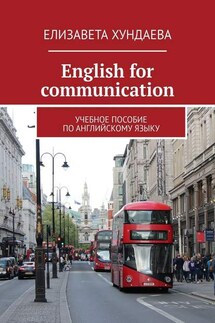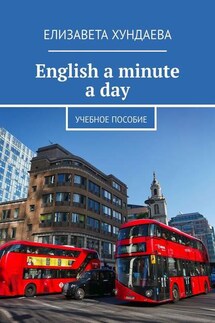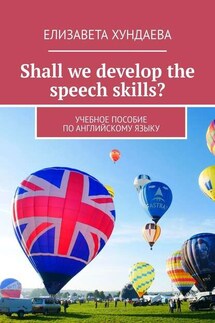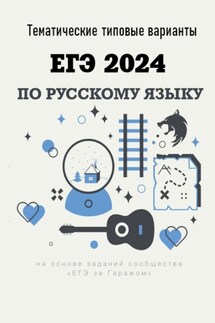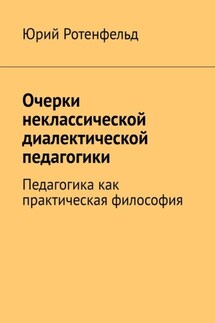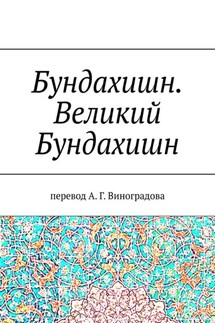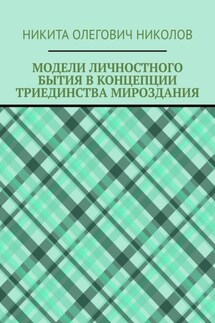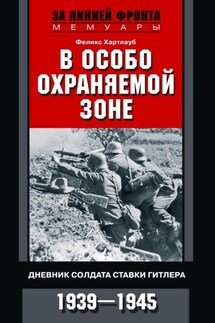Brush up your English (Совершенствуйте знания английского языка) - страница 4
It is morning now. Greet your friend. Ask each other how he/she is. Give a reply. Ask what your friend is going to do. Offer (предлагать) something. Say that the idea is not bad. Agree (согласиться) and offer (предлагать) to hurry up. Say that it may be too hot. Discuss whether you might go to the seaside (море; морское побережье).
7. You meet your friend. Start talking. Your friend keeps the conversation going (поддержать разговор). I wish you success in this attempt (попытка).
8. It is morning now. You came across (случайно встретиться, столкнуться) your friend, talk about what you might (могли бы) do on such a nice morning.
9. Memorize (запомните), please. Mind (обратить внимание) the articles.
To go to the shop – идти (ходить) в магазин
To go to the stadium – идти на стадион
To go to school – идти в школу
To go to the library – идти в библиотеку
To go to the park – идти в парк
To go home – идти домой
They are going to the shop. He’s riding to the stadium. I’m going to school. He’s going to the library. The children are going to the park. We are going home. She’s going to school.
10. You mеet your friends. Have a talk with them, please. Use the above (вышеприведенный) speechpatterns (речевой образец). Discuss your plans for the day (планы на день).
Conversation 2
Kate. Good morning. It’s nice to see you.
John. Hello. It’s nice to see you too.
Ann. Good morning. How are you?
Helen. I’m OK. And how are you?
Alex. Not bad. Had a good rest? (Have you had a good rest?)
Kate. Oh, yes. And you? Have you had a good rest?
John. Thanks, very good. Are there any news?
Ann. Oh, just none. And have you got any news?
Helen. Well, nothing special (ничего особенного), you know. What about you?
John. Just as usual (как обычно), nothing new.
Alex. And I’ve got very nice news.
Kate. What is it?
John. I’ve bought a very good book for communication in English.
Ann. Oh, have you?
Alex. I think it will be easy for you (тебе будет легко) to learn English now.
Kate. Yes, sure. The author is a very popular one (замещает слово the author) for his teaching methods.
Ann. That’s great.
1. Give the English equivalents, will you? (Приведите английские эквиваленты, пожалуйста).
Рад видеть тебя. Как ты? Хорошо. А ты как? Неплохо. Хорошо отдохнул? Неплохо. Как насчет тебя? Какие-нибудь новости? Да нет ничего. А у тебя есть какие-нибудь новости? Да, знаешь ничего особенного. Как обычно, ничего нового. А у меня очень хорошие новости. Какие (что за новости)? Я купил очень хорошую книгу по общению на английском языке (по разговорному английскому языку). Это действительно очень хорошая новость. Я думаю, теперь тебе будет легко учить английский. Конечно. Я узнал, что автор очень известен своей методикой преподавания.
2. Pronounce fluently (бегло), please.
It’s nice to see you. How are you? I’m OK. Not bad. Had a good rest? Yes, and what about you? Not bad. Have you got any news? Oh, just none. And have you got any news? Well, nothing special, you know. What about you? Just as usual. No news. And I’ve got nice news. What is it? I’ve bought a very good book. Sure, it’s good news. I learned the author is a very good one. That’s great.
3. Translate, will you?
Доброе утро. Приятно видеть тебя. Хорошо (себя чувствую). Хорошо отдохнул? А ты как (как насчет тебя)? Что-нибудь новенькое? Да ничего. А у тебя есть новости? Да ничего особенного. Знаешь, я купил очень хорошую книгу. Как обычно. Ничего нового. Это действительно очень хорошая новость. Тебе будет легко. Я узнал, что ты купил книгу. Она хорошая? Автор очень известен (well-known).
